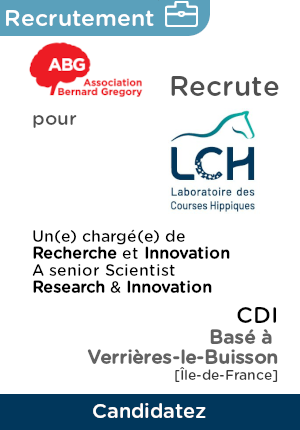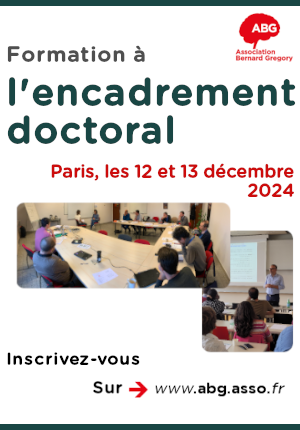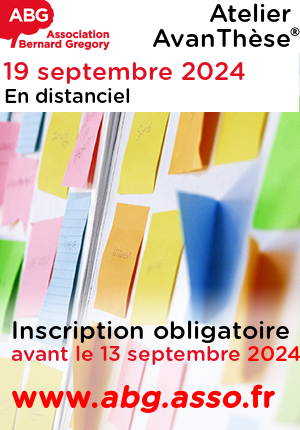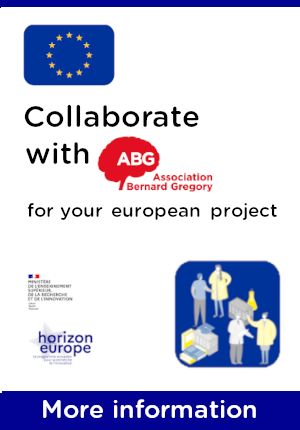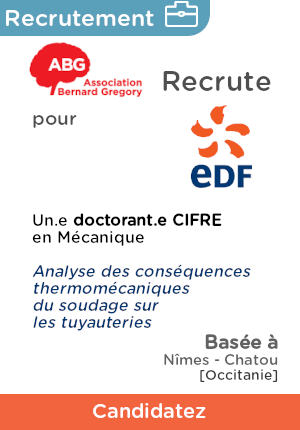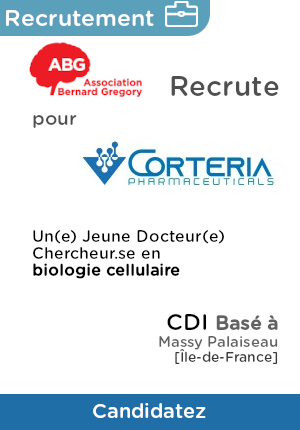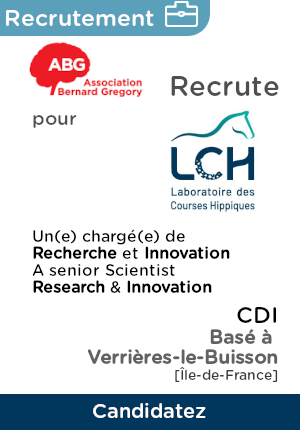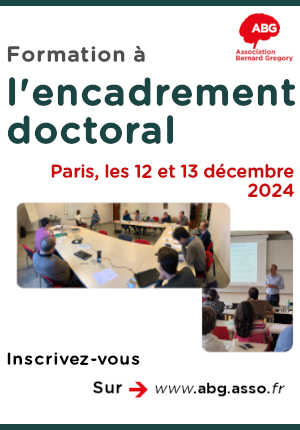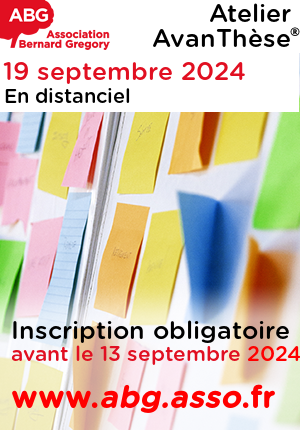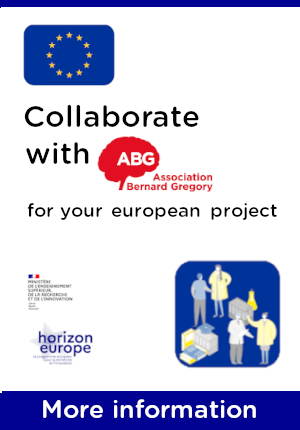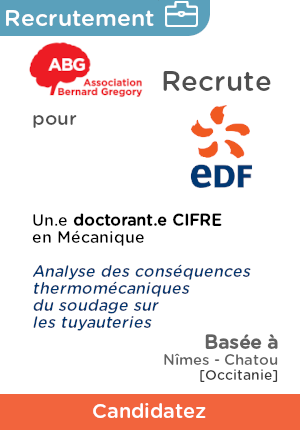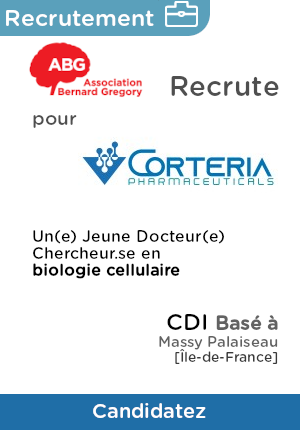Modelling and simulation of fog in the images in polarimetric context
| ABG-124541 | Thesis topic | |
| 2024-06-10 | Public funding alone (i.e. government, region, European, international organization research grant) |
- Physics
- Mathematics
- Digital
Topic description
The PhD fellowship opportunity presented here is situated within the broader framework of the multimodal vision project for Navigation and control Robust autonomous vehicle (INARI). The INARI project aims to explore the effectiveness of different modalities typically used for multi-sensor data fusion and leverage the physical information offered by unconventional polarization imaging. The ultimate goal is to enhance perception of the surrounding environment and establish robust control for vehicle navigation, particularly in varying road conditions. A comprehensive approach, encompassing data measurement, decision-making, and control, will be developed within the context of automated driving.
Subject description
The main objective of this PhD thesis is to develop models and methods for characterizing degraded visibility conditions in polarimetric imaging, drawing from the current state-of-the-art research. This involves two potential approaches:
- Exploring and/or developing new physics-based models that account for polarimetry in adverse weather conditions.
- Utilizing machine learning methods to infer weather conditions based on training algorithms designed for adverse weather scenarios.
The thesis will focus on the first approach described below. To achieve this objective, the SWEET (Simulating WEather for intElligent Transportation systems) simulator1 will be enhanced to incorporate polarimetry physics. Subsequently, SWEET can serve for validating simplified models on which inverse methods will be applied to retrieve the characteristics of the weather (e.g. meteorological visibility). Data collected from the Cerema PAVIN platform (Platform for Autonomous Vehicles and Intelligent Navigation) will be used for the validation step.
Funding category
Funding further details
Presentation of host institution and host laboratory
Cerema is the French public expert body specialising in issues to do with the environment, mobility,
infrastructure, climate and energy. It assists the French government, local authorities and companies
to lead them towards a strategy of sustainable development and mobility adapted to ecological
issues. Cerema offers adapted and unique solutions depending on the territory.
The East-Center Territorial Direction represents Cerema in the Auvergne-Rhône-Alpes and
Bourgogne-Franche-Comté regions.
The Clermont-Ferrand agency is one of the 5 departments of East-Center Cerema. It has 52
employees and is organized into 4 groups: Water and Risks, Sustainable Infrastructures and civil
engineering structures, Territories and Transitions, and Intelligent Transport Systems (ITS).
The ITS group conducts research on mobility and intelligent transport systems using a remarkable
equipment: the fog and rain PAVIN platform for adverse weather conditions simulation.
PhD title
Country where you obtained your PhD
Institution awarding doctoral degree
Graduate school
Candidate's profile
- A master's degree (or equivalent) in a relevant field such as physics, applied mathematics, computer science or electrical engineering.
- Strong knowledge of the physical phenomena related to the propagation of electromagnetic waves in scattering media (dust, fog, rain), polarimetry imaging knowledge and/or the modelling of perceptive sensors would be a plus.
- Strong background in signal processing or related areas.
- Experience with programming languages such as Python, MATLAB, or C/C++.
- Ability to work independently and collaboratively in a multidisciplinary research environment.
- Excellent written and verbal communication skills in English.
Vous avez déjà un compte ?
Nouvel utilisateur ?
Get ABG’s monthly newsletters including news, job offers, grants & fellowships and a selection of relevant events…
Discover our members
 Institut Sup'biotech de Paris
Institut Sup'biotech de Paris  Institut de Radioprotection et de Sureté Nucléaire - IRSN - Siège
Institut de Radioprotection et de Sureté Nucléaire - IRSN - Siège  Laboratoire National de Métrologie et d'Essais - LNE
Laboratoire National de Métrologie et d'Essais - LNE  CASDEN
CASDEN  CESI
CESI  Tecknowmetrix
Tecknowmetrix  ADEME
ADEME  Nokia Bell Labs France
Nokia Bell Labs France  ANRT
ANRT  SUEZ
SUEZ  Ifremer
Ifremer  Aérocentre, Pôle d'excellence régional
Aérocentre, Pôle d'excellence régional  Généthon
Généthon  Groupe AFNOR - Association française de normalisation
Groupe AFNOR - Association française de normalisation  MabDesign
MabDesign  ONERA - The French Aerospace Lab
ONERA - The French Aerospace Lab  TotalEnergies
TotalEnergies  PhDOOC
PhDOOC  MabDesign
MabDesign
-
JobPermanentRef. ABG124941Corteria Pharmaceuticals- Ile-de-France - France

Jeune Docteur, Chercheur en Biologie Cellulaire & Moléculaire (H/F)
BiologyAny -
JobPermanentRef. ABG123642Laboratoire des Courses Hippiques (GIE LCH)- Ile-de-France - France
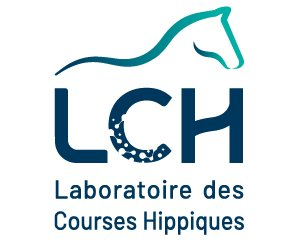
Chargé(e) de Recherche et Innovation (H/F) / Senior Scientist Research & Innovation (M/F)
Chemistry - BiochemistryConfirmed -
JobFixed-termRef. ABG125071KTH- Sweden
ERC-funded postdoc position on the detection of gas-phase organic radicals, KTH, Stockholm, Sweden
Chemistry - Physics - Engineering sciencesAny

